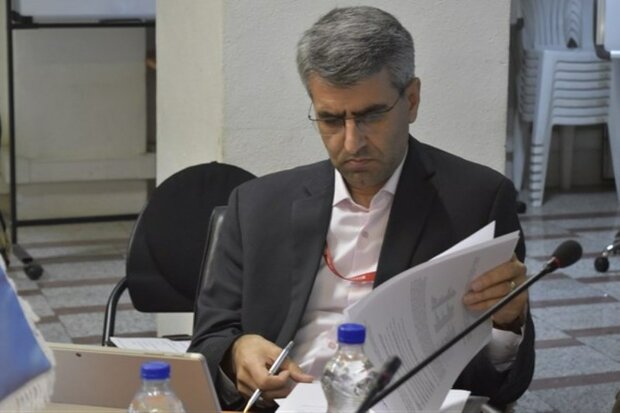Iran's permanent representative to the United Nations Office at Geneva, Esmail Baghaei Hamaneh, made the remarks in reaction to an an annual report read by UN High Commissioner for Human Rights Michelle Bachelet before the agency’s Human Rights Council in Geneva.
He maintained that the recognition of the right to development, the elimination of inequalities, and the fight against unilateral coercive measures taken by some governments, would lead to the resolution of human rights challenges in the world.
Sanctions act as an aggravating factor, and the destructive effects of unilateral coercive measures on the enjoyment of human rights are clear, he noted.
He went on to add that the exertion of economic pressure on the people of the occupied territories of Palestine, Yemen and elsewhere in the world, which has led to the starvation of innocent people, goes beyond simple human rights violations and is among the most serious international crimes.
Economic blockade, such as the one in the Gaza Strip and another against one of the neighboring countries in the region, or anywhere else in the world, is a matter of great shame and a regress from human civilization, he said, adding “this is a warning sign of a high level of impunity for perpetrators of such devastating measures.”
While agreeing with the UN commissioner that human rights are a hope-building factor, Baghaei called for collective cooperation for ensuring a better future devoid of stereotypes and unjust accusations.
MS/IRN83235531
